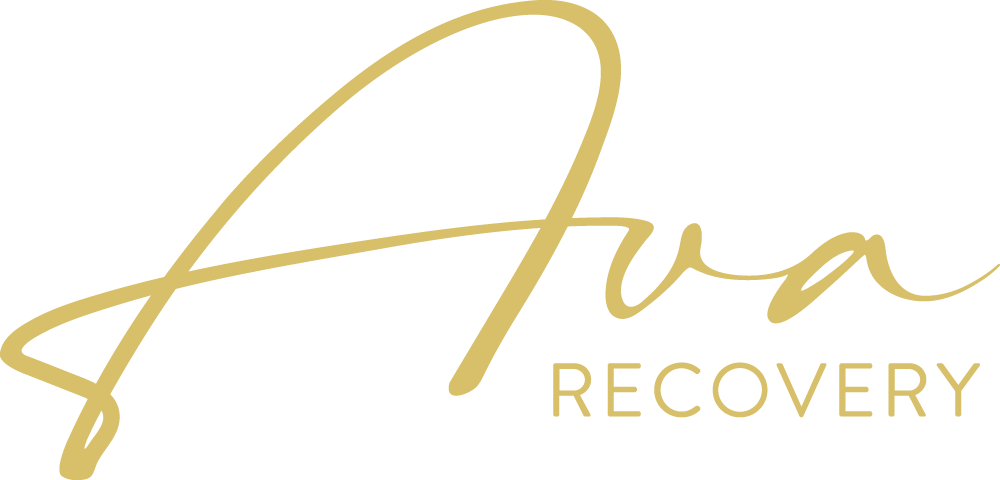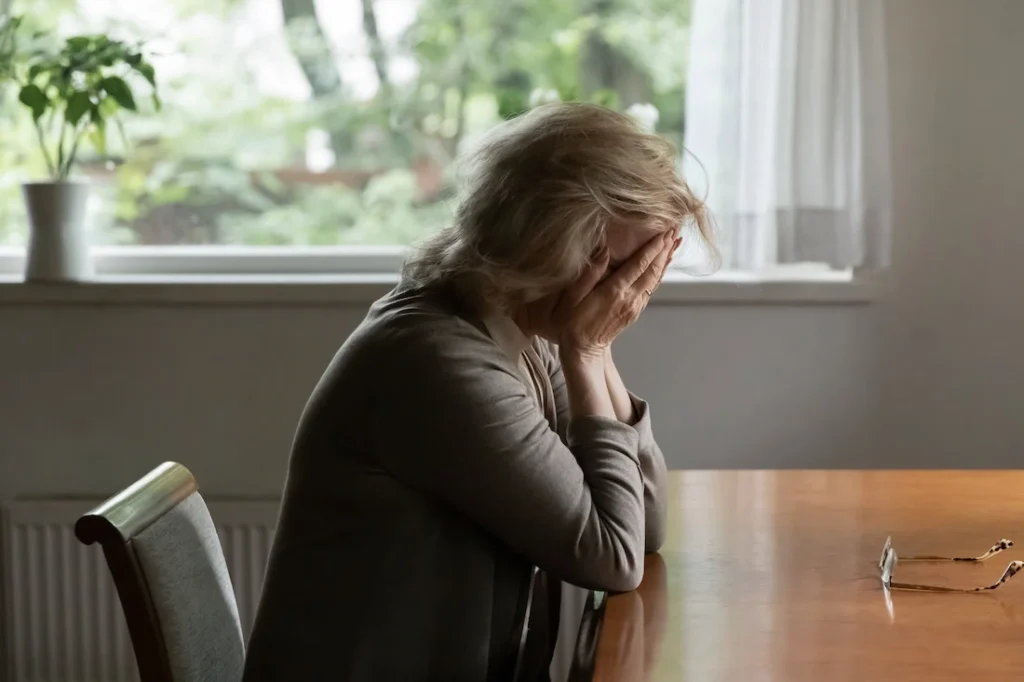Grief is like an emotional wound full of pain, but our minds and bodies are designed to be able to fully heal from emotional pain if we take the time to do so. Much the same as you have to take medicine or rest when you are physically ill, you have to do certain things when you are dealing with grief and recovery.
Coping with Grief and Loss in Recovery
When people think of loss, they think almost exclusively of death. And yet, loss applies to so much more:
- Family: In recovery, dealing with loss and the process of recovery might result from damaged relationships with your family, leaving you struggling
- Friendships: Friendships can come to an end temporarily over the span of a few months or permanently because of a move, a change in life circumstances, or recovery, and this can lead to feelings of stress, guilt, depression, and even shame
- Community: You can experience grief when you lose a community, even if that was a group of people with whom you did drugs or drank, as that community might have come to feel like a family in its own way
- Traditions: Losing traditions can cause grief, even if they were something as small as sharing a drink after work every Thursday
- Change: When major changes happen, especially changes like getting help for an addiction, it can leave you feeling lost and unanchored
- Certainty: When you have certainty, like knowing what time you are supposed to get up or where you are supposed to be during the week, you can experience loss when that certainty goes away
When you start your recovery process, the treatment program you have will help you build new traditions, new certainty, a new community around you, and potentially new friendships, but all the while dealing with grief and loss in recovery still requires actionable steps.
Avoid Stress
Dealing with grief and loss in recovery hinges on avoiding stress. Stress inhibits your sleep quantity and quality, inhibiting how quickly or effectively you can recover from grief, whereas good sleep actually promotes grief recovery.
There are many things that you can do when coping with grief and loss in recovery, particularly things that help you avoid stress, like listening to 9 minutes of your favorite music to turn off the stress response that’s activated in your nervous system.
Tip: Create a “comfort playlist” of songs that help calm you down or boost your mood. Whatever you need when facing stress, always play that music when you are overwhelmed.

Journal
It might sound silly, but using a journaling system can help you as you are dealing with grief in recovery by giving you a place to get thoughts out of your mind and onto the page so that you are more clear-headed and focused on what it is you are actually feeling in your grief or so that you are less focused on things like anxiety and stress.
There are many different types of journals you can use:
- Gratitude: A gratitude journal is a place where you can write down three things for which you were grateful every single day
- Abundance: An abundance journal is where you might write one sentence that reminds you of any type of abundance that you witnessed that day
- Wisdom: A wisdom journal is where you can write down something you learned from the day
There are, of course, other options, but these three can have a profound effect in helping facilitate grief processing or recovery by letting you focus on things for what you are grateful instead of negative things and recognize that there is an abundance and you don’t have to be as fearful as you might think, and to frame your day in a useful light no matter what happened.
Loss and the Process of Recovery
When you lose things, when you are grieving, you will go through the five stages that are quite well-known:
- Denial
- Anger
- Bargaining
- Depression
- Acceptance
These might be presented as a fluid list that you go through in order, but they are not. When coping with grief and loss in recovery, you will fluctuate back and forth at any given time.
It’s important to remember that coping with grief and loss in recovery will naturally result in progress as you continue to do things like avoid stress and journal your feelings. With that progress, you might feel good from time to time, and that’s okay.
Just because you feel good doesn’t mean that you’ve stopped loving. Instead, it’s a natural part of healing, a consequence of moving through your journey. You might feel good or happy even while grieving or feeling overwhelmed, and all of these feelings are intended to come and go.
Getting Help with Ava Recovery
At our residential treatment center, we will help you when dealing with grief and loss in recovery by teaching you to sit with your discomfort instead of trying to avoid your emotions with substances or bad behaviors.
When you sit with your grief, you give your mind and body an opportunity to heal from it, to explore those feelings and then to utilize good coping mechanisms to process that grief and loss after the fact. In addition to journaling and avoiding stress, you can try things like building your emotional resilience, doing something creative through art or music therapy, stress management techniques, and cognitive behavioral therapy.
Call our team today to help start your healing process.






